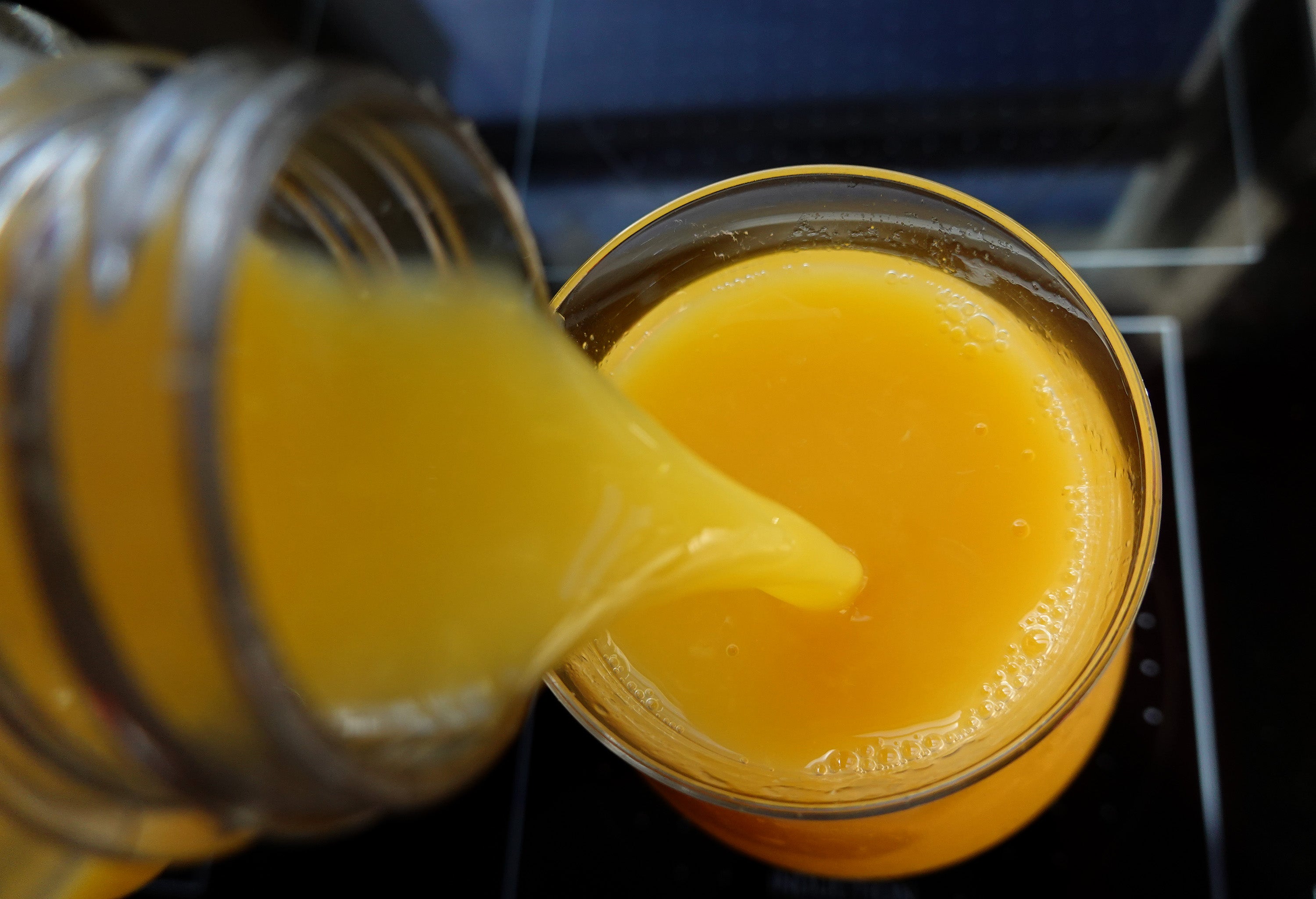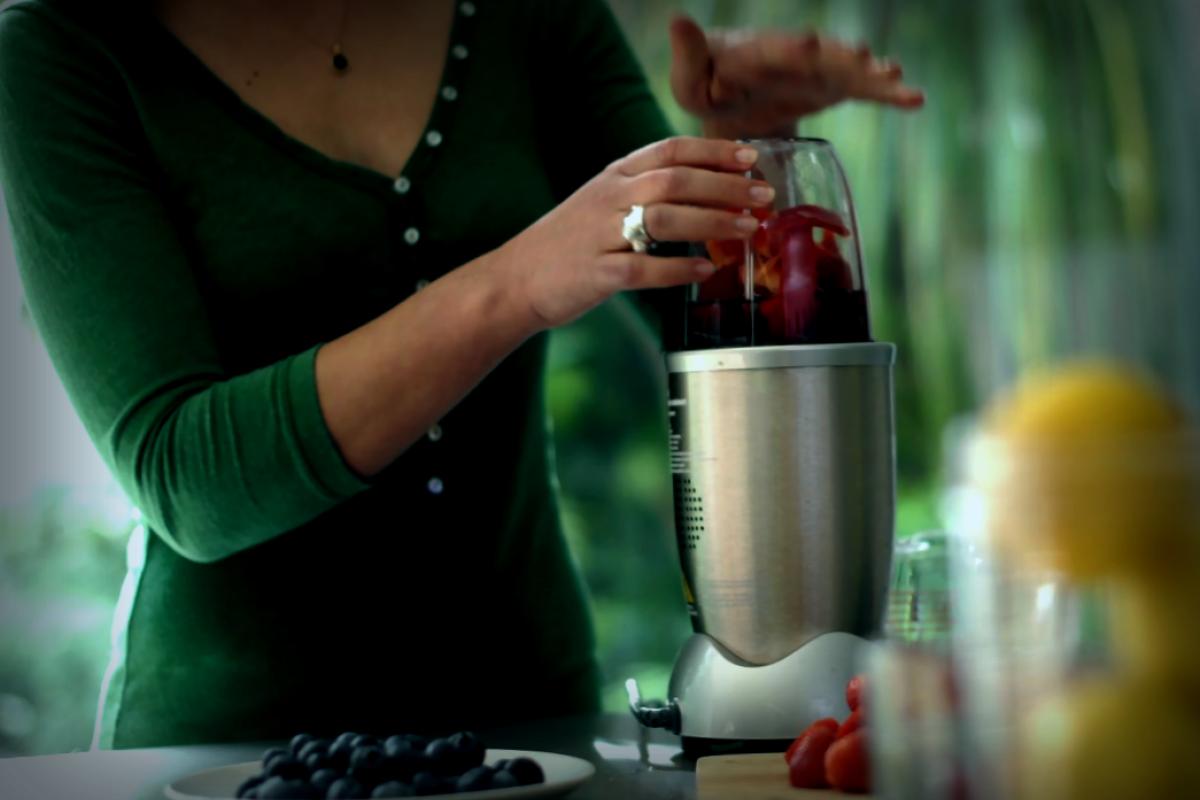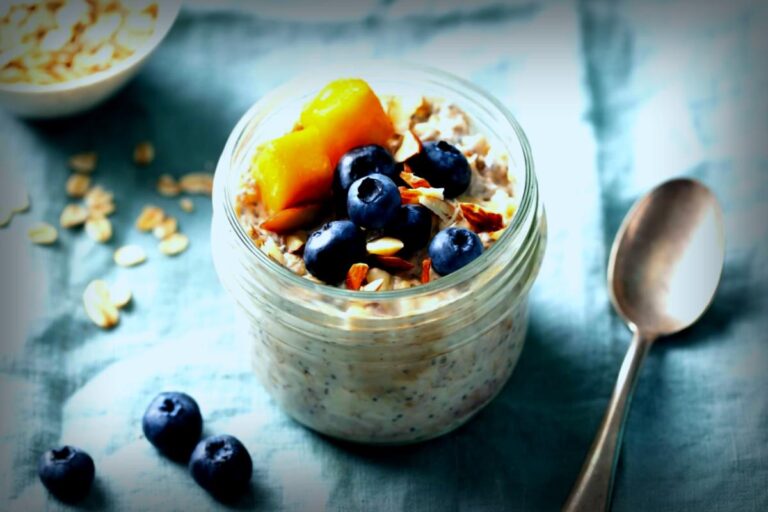Have you come across the buzz about the “cortisol cocktail”? It’s not something you’d find at your local bar but rather a new wellness drink that’s been making the rounds on social media.
Fans of this drink claim that by mixing orange juice, coconut water, and a pinch of salt, it can help lower high cortisol levels and combat “adrenal fatigue.” The benefits according to them? Less stress and a nice energy boost.
But the big question is: can this cortisol cocktail actually do what it promises? And is it really necessary to lower our cortisol levels in the first place? Let’s dig into the details.
Cortisol: The Basics
Cortisol usually gets a bad rap, but in reality, we can’t live without it.
This hormone is created in our adrenal glands alongside many other important hormones like adrenaline, sex hormones, and aldosterone, which plays a role in balancing sodium and blood pressure.

Our brains regulate cortisol when we’re stressed. Whether it’s physical stress (like injuries or lack of sleep) or psychological distress (think workload or grieving), it kicks off the stress response, also known as fight-or-flight, leading to cortisol release.
It’s often labeled as “the stress hormone”, but cortisol actually has several vital roles. It ramps up blood sugar for energy, helps manage metabolism, and keeps inflammation in check.
Typically, our bodies produce cortisol consistently throughout the day, influenced by the light-dark cycle. Levels are at their peak in the morning and decrease as the day goes on, reaching their lowest point overnight.
What we need is a good bit of cortisol to kickstart our mornings and ramp up our energy, but low levels at night help facilitate sleep.
It’s worth noting there’s often confusion around high versus low cortisol levels.
Many symptoms like tiredness and weight gain are often mistakenly attributed to high cortisol when they’re actually related to low levels. Those suffering from chronic fatigue syndrome frequently struggle with low cortisol.
Chronic stress can certainly ramp up cortisol levels, but ongoing stress may also lower them.
It’s important to mention that the term adrenal fatigue isn’t recognized in medical circles. It suggests that the adrenal glands fail to produce enough cortisol.
So, suggesting that the cortisol cocktail can aid both high cortisol levels and adrenal fatigue (which indicates low cortisol) doesn’t quite add up.
What Ingredients Go into a Cortisol Cocktail?
Ingredients often vary, but typically, you’d find half a cup each of orange juice and coconut water, a quarter teaspoon of salt, and sometimes add-ins like potassium or magnesium powders.
The health claims stem from vitamin C in the orange juice, alongside potassium from coconut water, added magnesium, and sodium from salt.
Thanks to its essential nutrient profile, vitamin C supports adrenal function and assists in balancing cortisol, while coconut water serves as a potassium source. Potassium is crucial for cell health and keeping the heartbeat steady.
Though potassium won’t change cortisol levels directly, it can alleviate some effects of chronic stress or elevated cortisol, such as high blood pressure.
Sometimes, people throw in magnesium powder, which is vital for energy production—a must for coping with the demands of chronic stress that lowers magnesium levels.

Interestingly, about one-third of Australians don’t get enough magnesium in their diet, yet good sources are readily available: think leafy greens, whole grains, nuts, seeds, legumes, and meats.
However, any notion that sodium aids high cortisol levels or adrenal health is plain wrong. High salt intake is linked to various chronic diseases and has been shown to elevate cortisol in both humans and animals.
Risks: High Sugar and Salt Are Cause for Concern
While the cortisol cocktail packs in some beneficial vitamins and minerals, the reality is it likely won’t significantly lower cortisol levels—and it’s pretty high in sugar and salt.
With about 16 grams of sugar (11 grams from orange juice and roughly 5 grams from coconut water), you’re looking at a good portion of the recommended daily sugar limit.
That makes this drink not the best choice for those with diabetes. Plus, that quarter teaspoon of salt covers about a quarter of the suggested daily limit. Too much salt is something we should avoid, particularly if dealing with high blood pressure.
And beware, the potassium levels in this drink can also pose risks for individuals with heart diseases, diabetes, or kidney issues.
Tips for Keeping Cortisol Levels in Check
If you want to keep your cortisol and adrenal health in balance, managing stress remains key. Research shows that techniques like mindfulness, meditation, and relaxation practices can be the most effective for keeping cortisol levels in check.
In one article, I covered five effective activities to slash stress: exercise, cognitive and creative endeavors, socializing, and self-soothing practices like meditation and controlled breathing.
Even just taking a moment to decompress—a few deep breaths, a chat with a friend, a good stretch, or tackling a puzzle—can help a lot.
As for the cortisol cocktail, its supposed perks don’t hold up as well as they might claim. Swapping out the orange juice in favor of eating an orange, and snacking on some nuts or seeds will provide you with essential nutrients while steering clear of excessive sugar and salt.




















